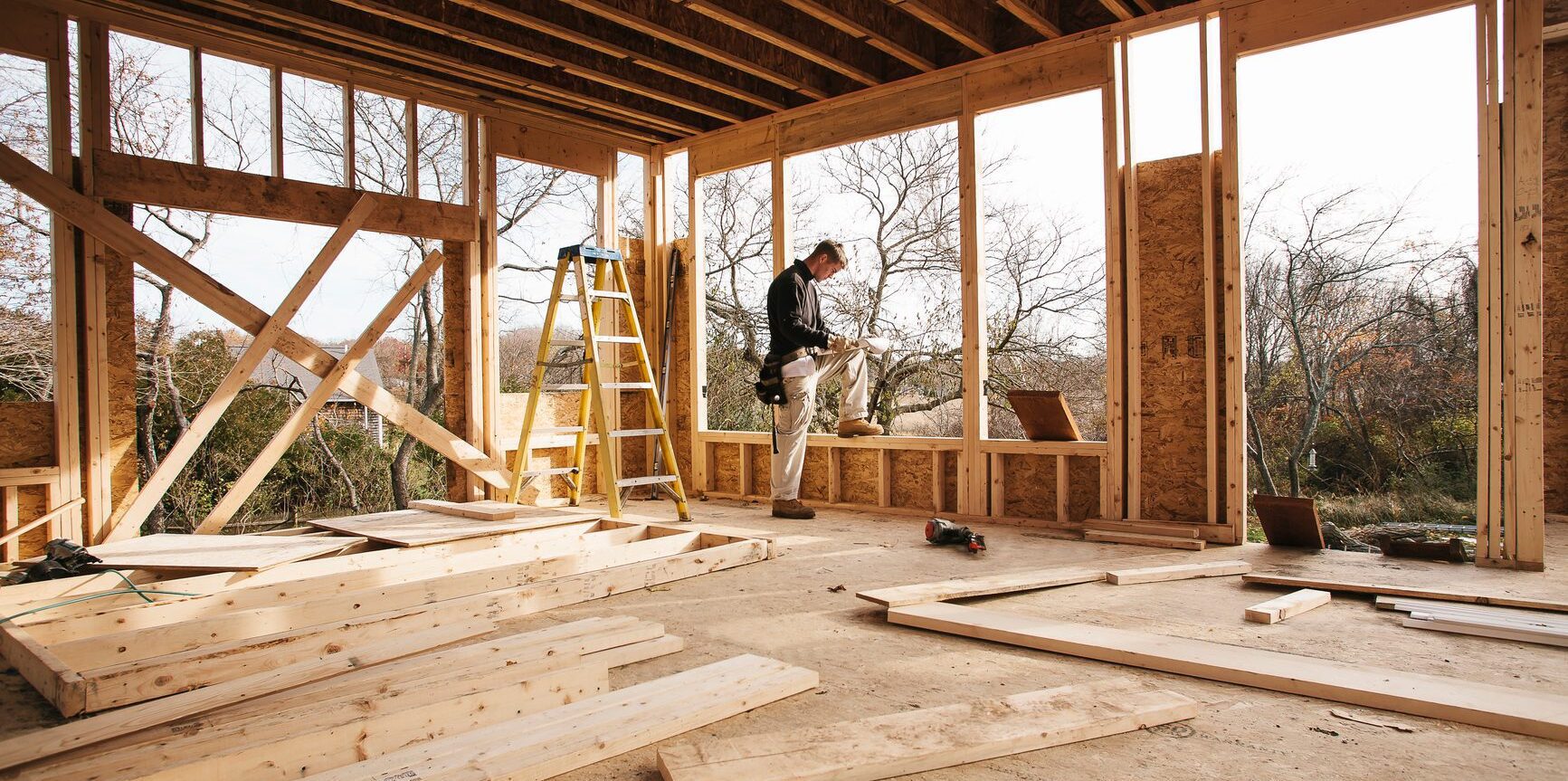we have answers.
Do you have clients that are residential builders or directors of a residential building and construction company operating in New South Wales? If so, you’re likely aware of the unique challenges that come with this industry. The construction sector in NSW can be a high-stakes game, with financial distress often looming on the horizon due to various factors like subcontractor disputes, contract disputes, delayed payments, and trade credit troubles just to name a few. As a result, many construction professionals find themselves in situations where their business faces the possibility of being insolvent.
In this blog, we’ll explore what happens to your client’s builder’s licence if their company is in external administration, and more importantly, how you can take proactive steps to safeguard the future.
Understanding the Stakes
The residential construction industry in NSW is known for its complexities, and these can increase the risk of business failure. Whether it’s the imbalance of power between head contractors and subcontractors, unfavourable payment practices, reliance on trade credit, or the status of many building contractors and suppliers as unsecured creditors, there are challenges to navigate. This can make it all too easy for construction businesses to find themselves in financial distress.
In the face of financial trouble, some directors may hesitate to consider insolvency options like Safe Harbour, Voluntary Administration or Small Business Restructuring. They fear not only the potential impact on future work opportunities but also the possibility of losing their builder’s licence.
What Happens to My Builder’s Licence?
During initial consultations, one question often looms large: “What happens to my builder’s licence if my company is in external administration?” The answer is straightforward but important: “If you leave it too late and liquidation becomes the only option, your builder’s licence will be cancelled.”
Under the Home Building Act 1989 (NSW), section 22(1)(d), a licence must be cancelled if the holder of the contractor licence is a corporation and the company has become the subject of a winding-up order under the Corporations Act 2001 or has been voluntarily wound up. Notably, cancellation is not subject to review, making it a non-negotiable outcome.
The Path Forward
What can you do to protect a builder’s licence and livelihood if a residential construction company faces financial difficulties? Here are some steps to consider:
Act Timely: Timely decisions are crucial. Waiting until a winding-up application is filed might be too late to regain control.
Explore Restructuring: Consider options such as Safe Harbour, Voluntary Administration or Small Business Restructuring to address the company’s insolvency issues.
Licence Application: If the licence has been cancelled, take immediate steps to apply for a new builder’s licence should the builder wish to continue working. However, there is no guarantee of approval.
Licence Restrictions: In some cases, if approved, the new licence may come with restrictions on the type and value of work that can be undertaken. These restrictions might include not exceeding a contract price of $20,000 (inclusive of GST) and limitations on certain categories of building work.
Demonstrate Responsibility: Section 33C (2) of the Act allows for consideration of applications for residential building work categories if the Secretary is satisfied that all reasonable steps have been taken to avoid bankruptcy, liquidation, or the appointment of a controller or administrator.
In the NSW residential construction industry, protecting your builder’s licence is paramount. Failing to address financial distress promptly could lead to consequences, including licence cancellation. It’s important to stay informed, explore proactive measures like Safe harbour, Voluntary Administration or Small Business Restructuring and demonstrate responsibility in managing your financial affairs.
If a company enters Voluntary Administration or Small Business Restructuring, and the debt repayment proposal is accepted, the licence may be spared from cancellation. However, it’s necessary to provide detailed information to NSW Fair Trading regarding your client’s involvement in the company, the circumstances leading to external administration, steps taken to avoid it, and relevant financial reports.
Seeking professional advice from turnaround and advisory experts, like Rapsey Griffiths, can be a wise step towards improving the changes with securing a builder’s licence and residential construction business’s future. Don’t wait until it’s too late; take proactive action to maximise your chances of turning things around.


